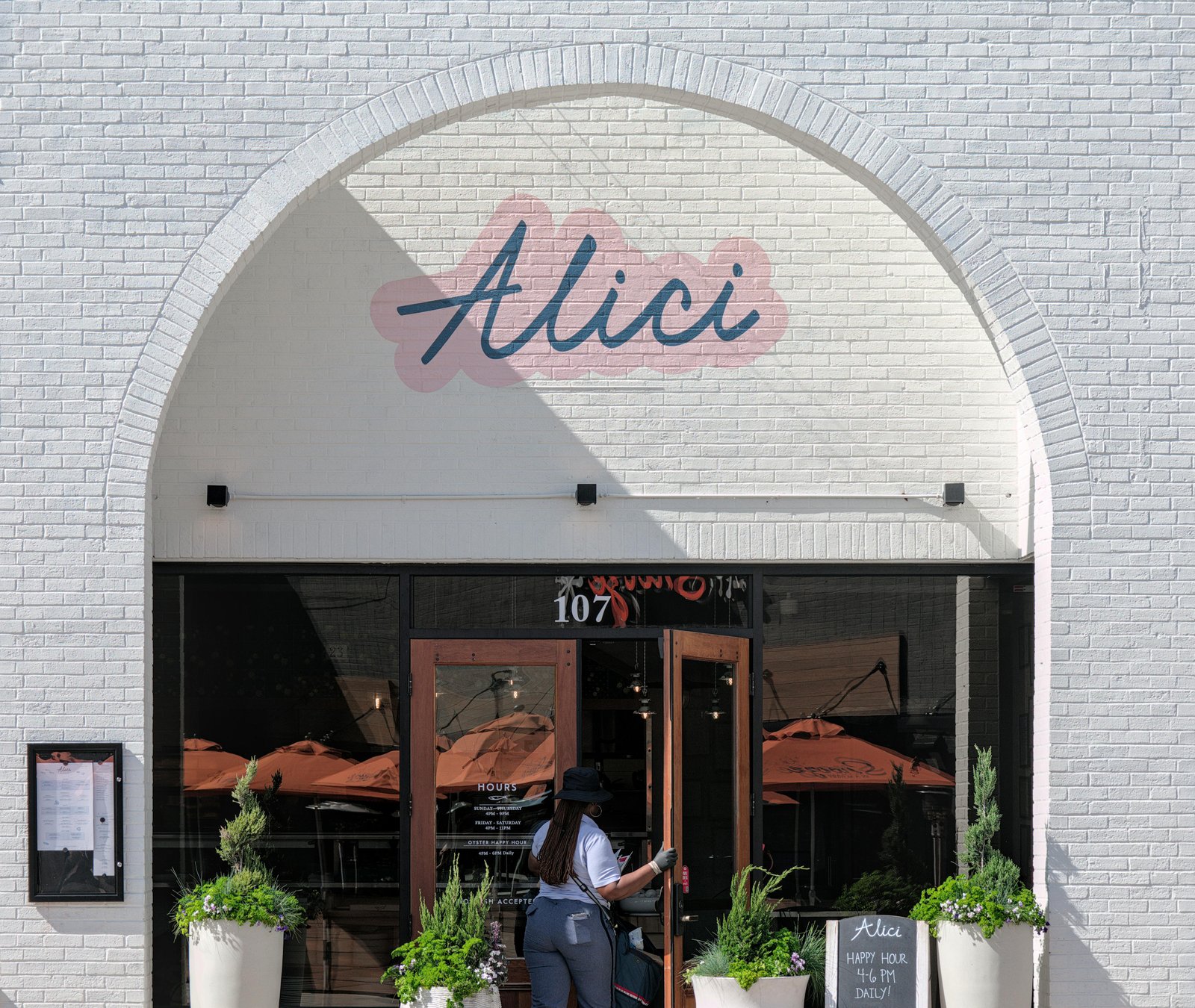I believe in the power of words. I’ve built a life around them—as a publisher, editor, father,
grandfather, and advocate. But in this digital age, where everyone has a platform and posts are
often weaponized before they’re understood, I ask myself daily: How do we preserve our
freedom of speech without letting it become a license for harm?
We live in a moment where a single tweet can empower a movement—or destroy a life. As a
multi-racial, multi-cultural American, I’ve seen both. I’ve felt the sting of veiled bigotry
disguised as “just an opinion.” I’ve witnessed the strength of voices rising online to demand
justice. And I’ve also watched as lies, hate, and malicious gossip spread like wildfire, unchecked
and unpunished.
The Fine Line Between Freedom and Fury
Let’s be clear: Free speech is not hate speech.
Our Constitution protects the right to speak, but it doesn’t guarantee the right to bully, slander, or
incite violence. And yet, in many corners of the internet, it feels like that distinction is lost.
“You don’t have the right to yell fire in a crowded theater if there’s no fire. Online, people are
yelling ‘fire’ every day—through lies, threats, and targeted harassment. And people are getting
trampled in the chaos.” Dr. Nina Caldwell, a cyberlaw professor
She’s right. We’ve seen politicians and pundits weaponize social platforms. We’ve seen teenagers
pushed to the brink by viral rumors. We’ve seen influencers become misinformation engines,
immune from consequence because they hide behind the First Amendment.
Malicious Gossip is Not a Game
Let’s talk plainly: malicious gossip has become a new form of digital violence.
It’s not just whispers anymore—it’s hashtags, screenshots, group chats, and anonymous posts.
Entire lives can be torn down by a lie that travels faster than the truth ever could.
We need laws that catch up. Laws that treat deliberate online defamation with the same
seriousness as threats made face-to-face. Georgia and several states are making moves—but we
need national momentum.
“We’ve tracked death threats back to burner accounts registered to 14-year-olds. That doesn’t
make it less dangerous. It makes it scarier.” Andre Lopez, former FBI cybercrime agent
What Do We Stand For?
As a father and grandfather, I want my children and grandchildren to grow up in a world
where truth matters.
As a publisher, I want to elevate voices that challenge the system, not destroy each other.
As an American, I want freedom of speech to flourish—but not at the cost of our humanity.
Let’s be honest—Black, brown, LGBTQ+, Jewish, Asian, Muslim, and immigrant communities
are disproportionately targeted online. That’s not free speech. That’s a digital lynching. And it
must stop.
Policing the internet doesn’t mean silencing disagreement. It means enforcing consequences for
those who use their platforms to dehumanize and destroy.
A Call for Digital Accountability
We must demand more from tech platforms, lawmakers, and ourselves. Here’s how:
- Prosecute Online Threats like real-world crimes. Because they are.
- Penalize Malicious Gossip that damages lives and reputations.
- Enforce Hate Speech Guidelines across social media—uniformly and transparently.
- Educate Young People on the responsibility that comes with digital power.
- Protect the Vulnerable, not just the popular.
POV Final Word: Free Speech, Full Heart
We have a duty to each other and to future generations to protect the right to speak freely and to
live safely.
The internet isn’t a jungle. It’s a shared space. And if we want it to serve truth, connection, and
growth, we need to make space for all voices, without tolerating abuse disguised as opinion.
As a multi-racial, multi-cultural American, I’ll keep using my platform to speak truth, ask hard
questions, and hold the line between free expression and ethical responsibility. Because when we
know better, we speak better. And when we speak better, we live better.











